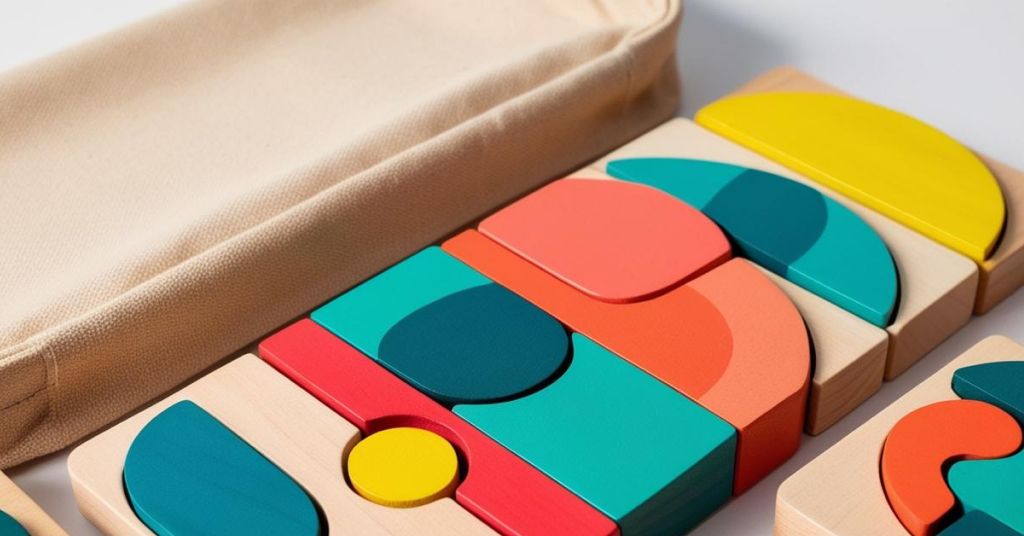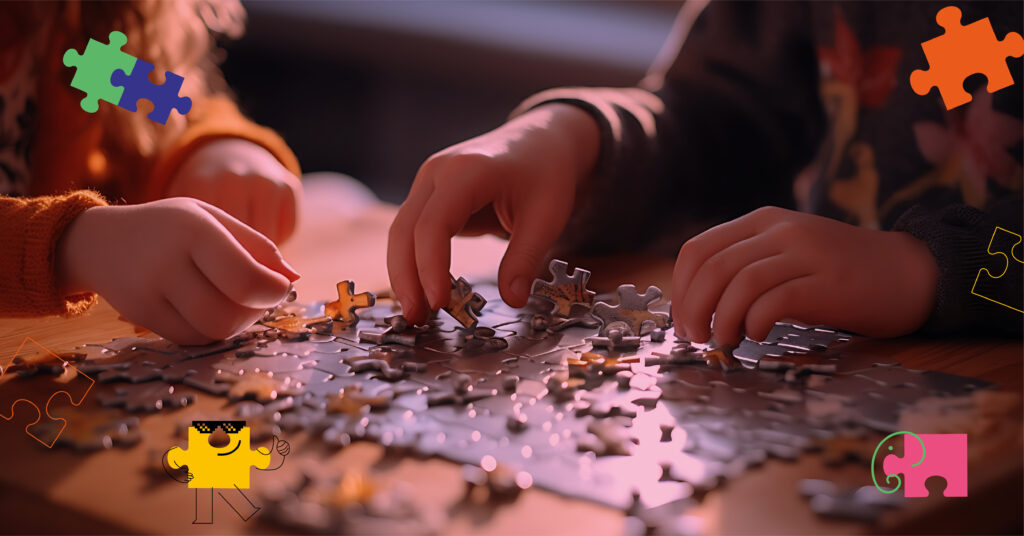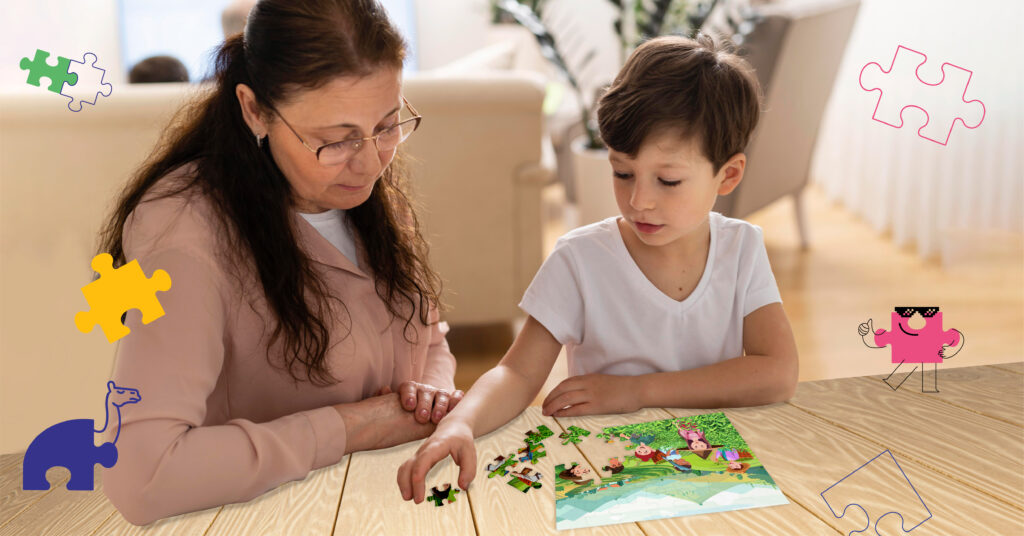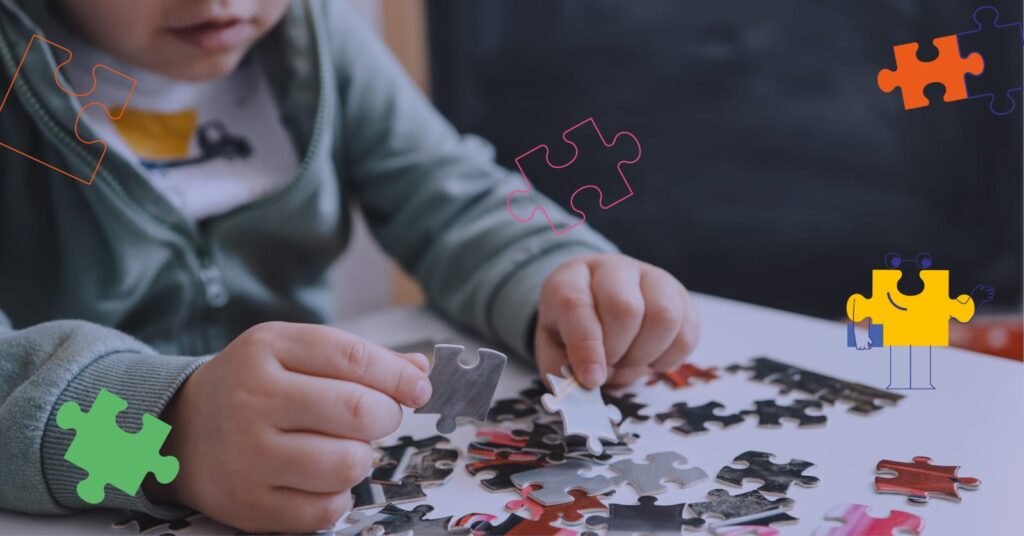Math can be a challenging subject for many children, often leading to math anxiety and frustration. However, learning math doesn’t have to be boring or intimidating! Puzzles provide a hands-on, interactive approach to making math concepts more engaging and enjoyable.
By incorporating fun problem-solving activities, puzzles help children build logical thinking, pattern recognition, and analytical skills. Whether it’s counting, geometry, or problem-solving, puzzles turn math into an exciting game, improving confidence and interest in learning.
How Puzzles Can Teach Math Concepts
1. Number Recognition & Counting
For early learners, number puzzles help develop foundational math skills by introducing numbers, counting, and basic addition/subtraction. Simple puzzles with numbers and pictures allow kids to associate quantities with numerals, reinforcing early math understanding.
2. Patterns & Sequences
Understanding patterns and sequences is a core math skill. Jigsaw puzzles, matching games, and sequencing puzzles help children identify relationships between numbers and objects, strengthening their ability to recognize and predict patterns.
3. Geometry & Spatial Awareness
3D puzzles and shape-based activities help kids grasp geometric concepts, such as symmetry, angles, and proportions. Building blocks, tangrams, and interlocking puzzles allow children to experiment with shapes, enhancing their spatial reasoning.
4. Logic & Reasoning Skills
Math isn’t just about numbers—it’s about problem-solving! Sudoku, tangrams, and logic-based puzzles challenge kids to think critically, improving their reasoning and decision-making abilities. These puzzles also develop strategic thinking, a valuable skill for advanced math.
Also Read: How to Solve Sudoku Puzzle
Best Types of Puzzles for Math Concepts
- Number & Counting Puzzles – Perfect for preschoolers to learn numbers and basic operations.
- Tangrams & Shape Puzzles – Enhances geometry and spatial reasoning skills.
- Sudoku & Logic Puzzles – Strengthens critical thinking and problem-solving abilities.
- Fraction & Measurement Puzzles – Helps kids understand fractions, proportions, and measurement concepts in a hands-on way.
Tips for Parents & Teachers
- Use real-world examples – Relate puzzles to everyday situations like grocery shopping or building blocks.
- Start simple and progress gradually – Allow children to build confidence before moving to complex math puzzles.
- Turn learning into a game – Add fun rewards and challenges to keep kids motivated.
Puzzles are a fantastic way to teach math concepts in a stress-free and engaging manner. They help children develop problem-solving skills, boost confidence, and make math fun! By integrating puzzles into daily learning, parents and educators can turn math into an enjoyable and interactive experience.
Ready to make math more exciting for your child? Start exploring math puzzles today and watch them develop a love for numbers!
To Buy the Best Puzzles & Educational Toys for your Child, check out our collection.



